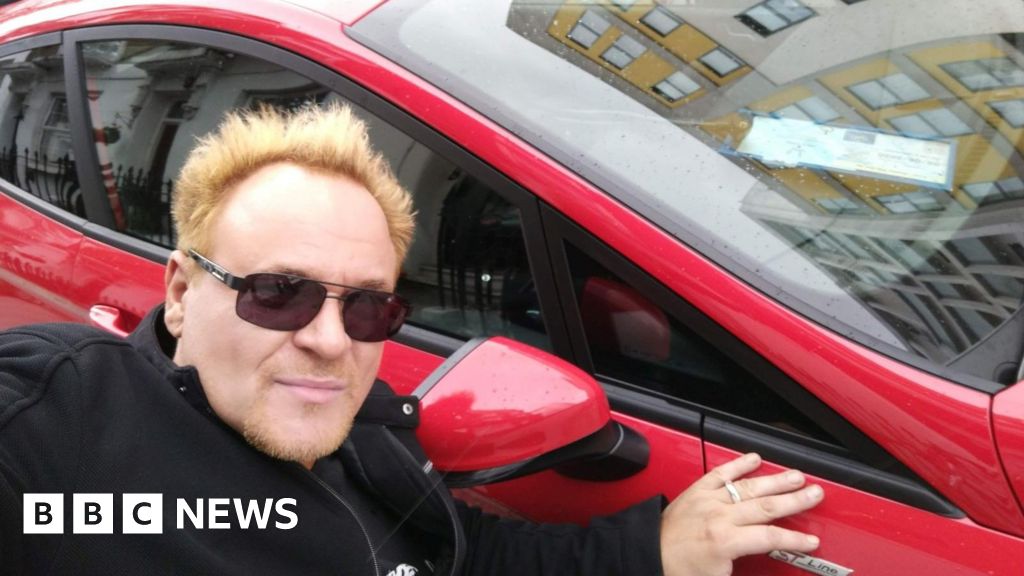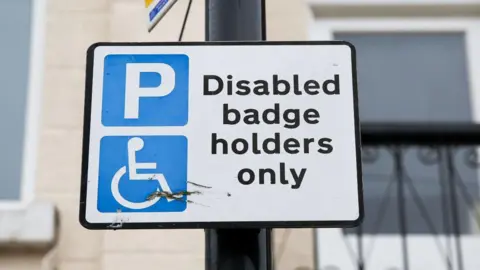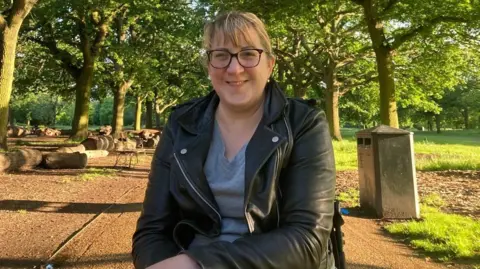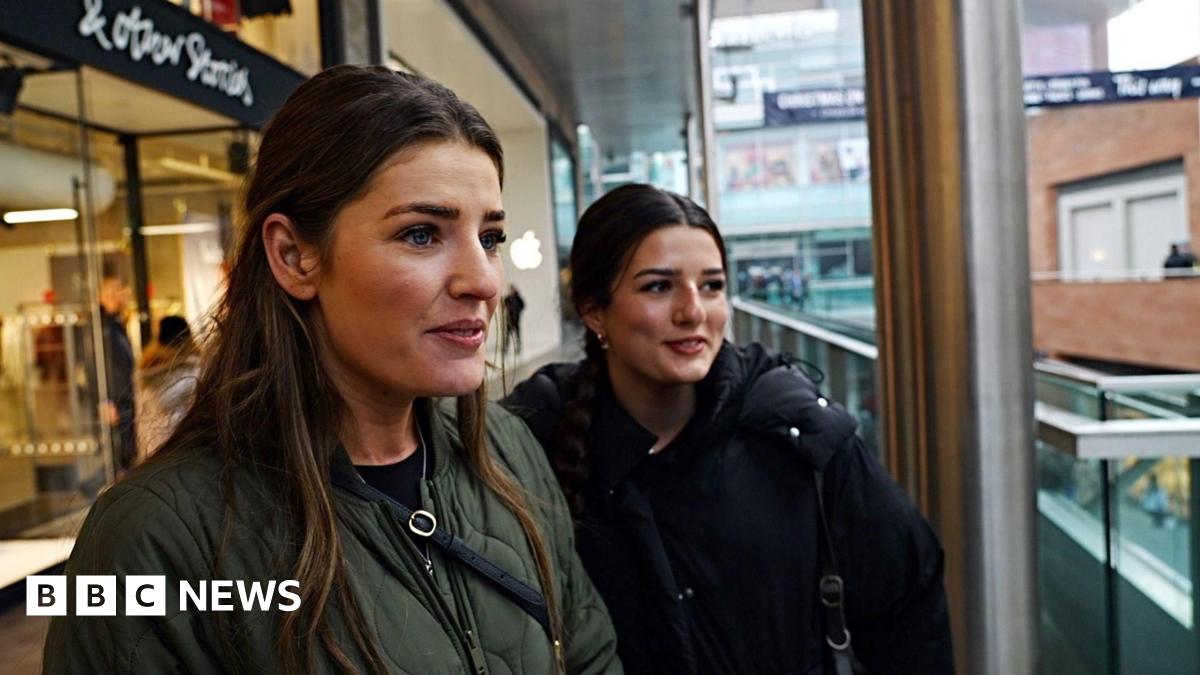Football
Blue Badge thefts quadruple in London in nine years – data shows

James W Kelly,Noah Vickers
 Mik Scarlet
Mik ScarletThe number of Blue Badge thefts in London has more than quadrupled in the last decade, new figures have revealed.
While 1,230 of the badges were stolen in the capital in 2014, the number has risen almost every year since then to hit 6,415 in 2023.
Blue Badges are intended to help people with disabilities or health conditions park closer to their destination, but fraud is widespread in London and other big cities across the country, Blue Badge Fraud Investigations (BBFI) said.
Mik Scarlet, who has had his badge stolen four times since 2010, said when he does not have the badge it “shrinks my world” as it is difficult to get around.
The data was released in response to a written question from Unmesh Desai, a Labour member of the London Assembly.
Mr Scarlet, a wheelchair user who lives in Camden, north London, told BBC News: “Mine has been stolen four times now and it happened so often I thought ‘oh, not again'”.
The method used to steal the badge has involved smashing windows on the car, he said.
So often has this happened, Mr Scarlet said, he now keeps his badge in a “blue metal cage with a padlock”.
 Getty Images
Getty ImagesMiranda Mellor, who lives in Ealing, west London, said her Blue Badge was stolen about six weeks ago in a “smash and grab” when her car was parked in a disabled parking bay outside her home.
“I’m a wheelchair user so public transport is not that accessible,” she said “I had to use taxis which costs and meant lots of the admin too.”
“Not only did I have to sort myself out, getting to and from work in a taxi, but also getting the kids to and from school became difficult,” she added.
Ms Mellor described her car as her “lifeline” and not having it has “massively impactful on all aspects of life”.
 Miranda Mellor
Miranda MellorMr Scarlet said he thinks there has been a shift in public attitudes on Blue Badges from something disabled people need to more of a “freebie”.
“I’d love to be able to just wheel down the road to my local Tube station, jump on the Tube and go anywhere I want, but I can’t – it’s not accessible,” he said.
Paul Slowey, founder of BBFI – a community interest company working to tackle the problem – said the new figures were “a sad reflection on London in 2024”.
He added: “The true measure of any society can be found in how it treats its most vulnerable members, but on average 18 Londoners a day find themselves a victim of crime purely because they are disabled. This is clearly unacceptable.”
Mr Slowey said the figures show a “neglect of disabled Londoners” and put it down to “overstretched police budgets”.
Mr Scarlet said a possible deterrent could be to redesign the badges to better identify them with their owner, including having an ID-type photo on it.
He added: “Your life becomes shrunk down, staying within your local area. It affects your work. I travel a lot for work, which I couldn’t do.
“It affects everything.”
BBC News has contacted the Metropolitan Police for comment.










